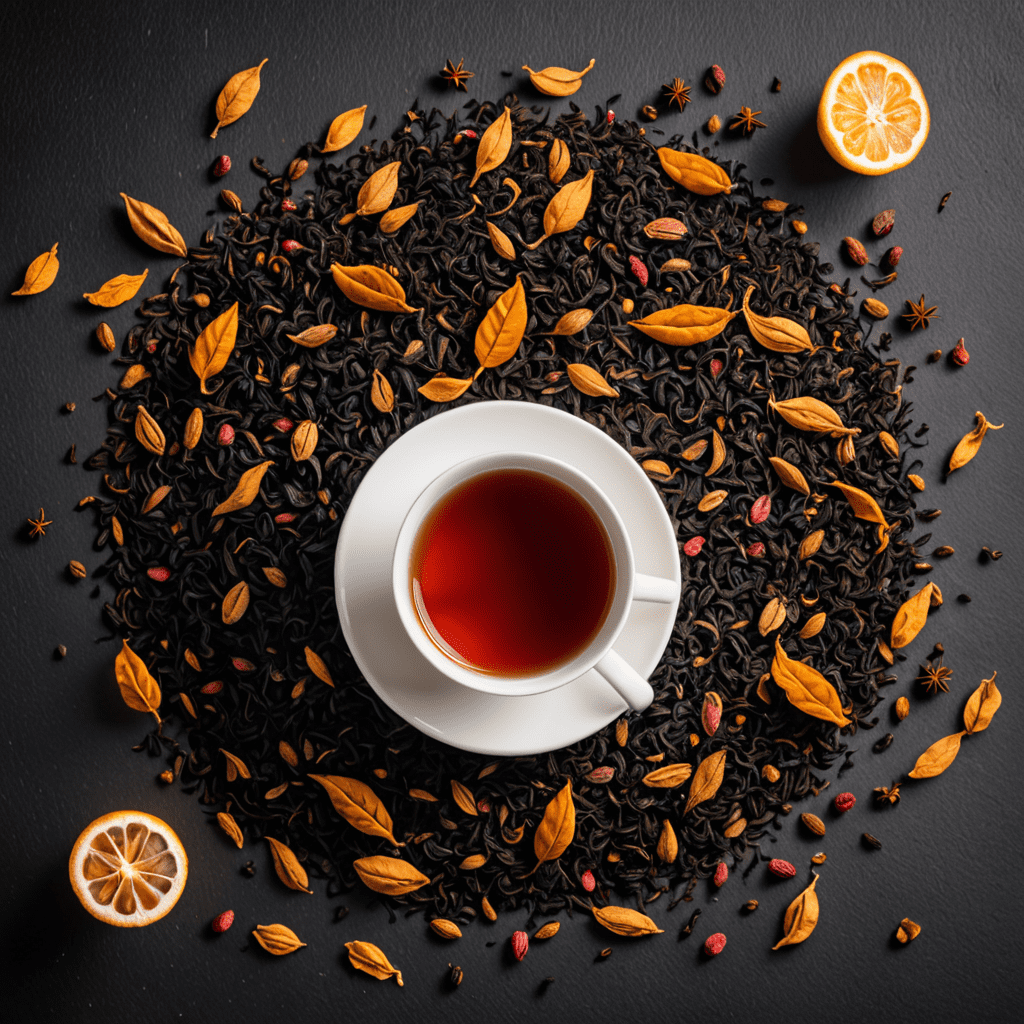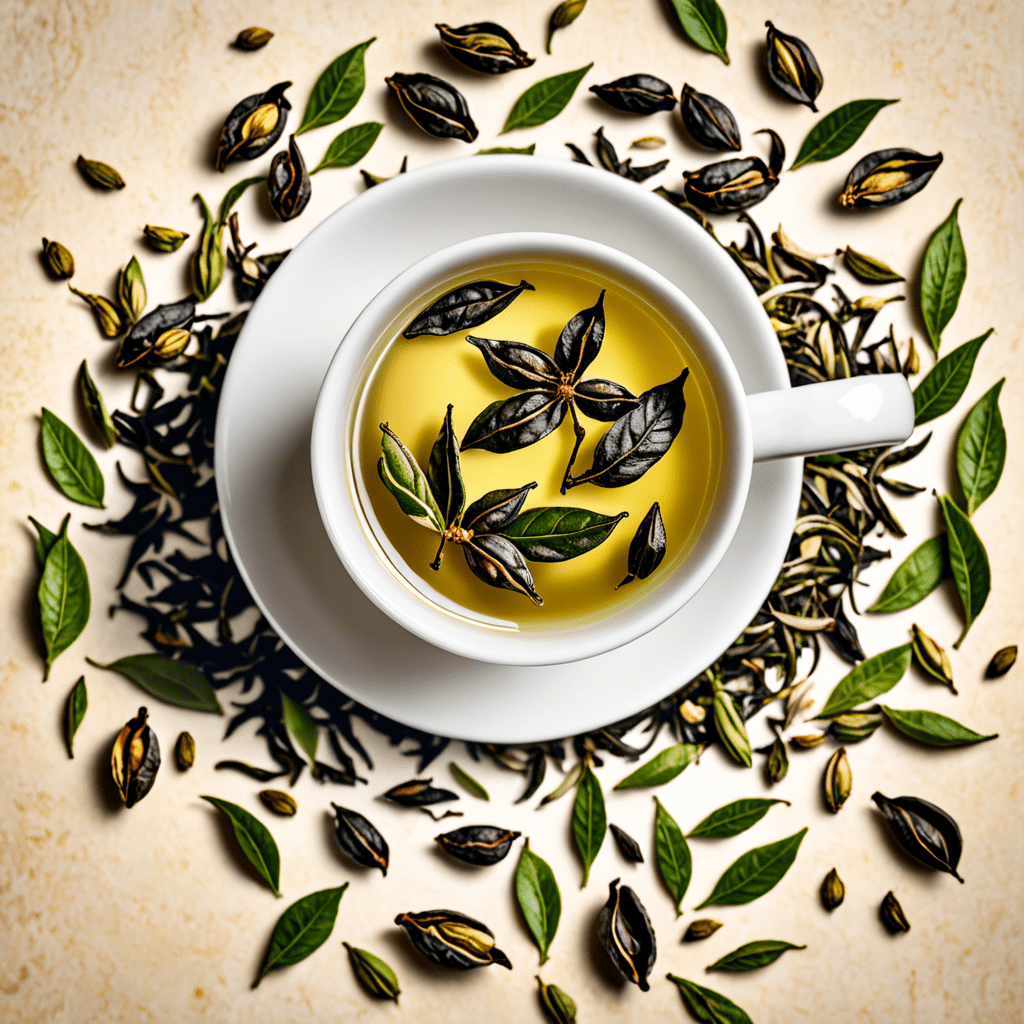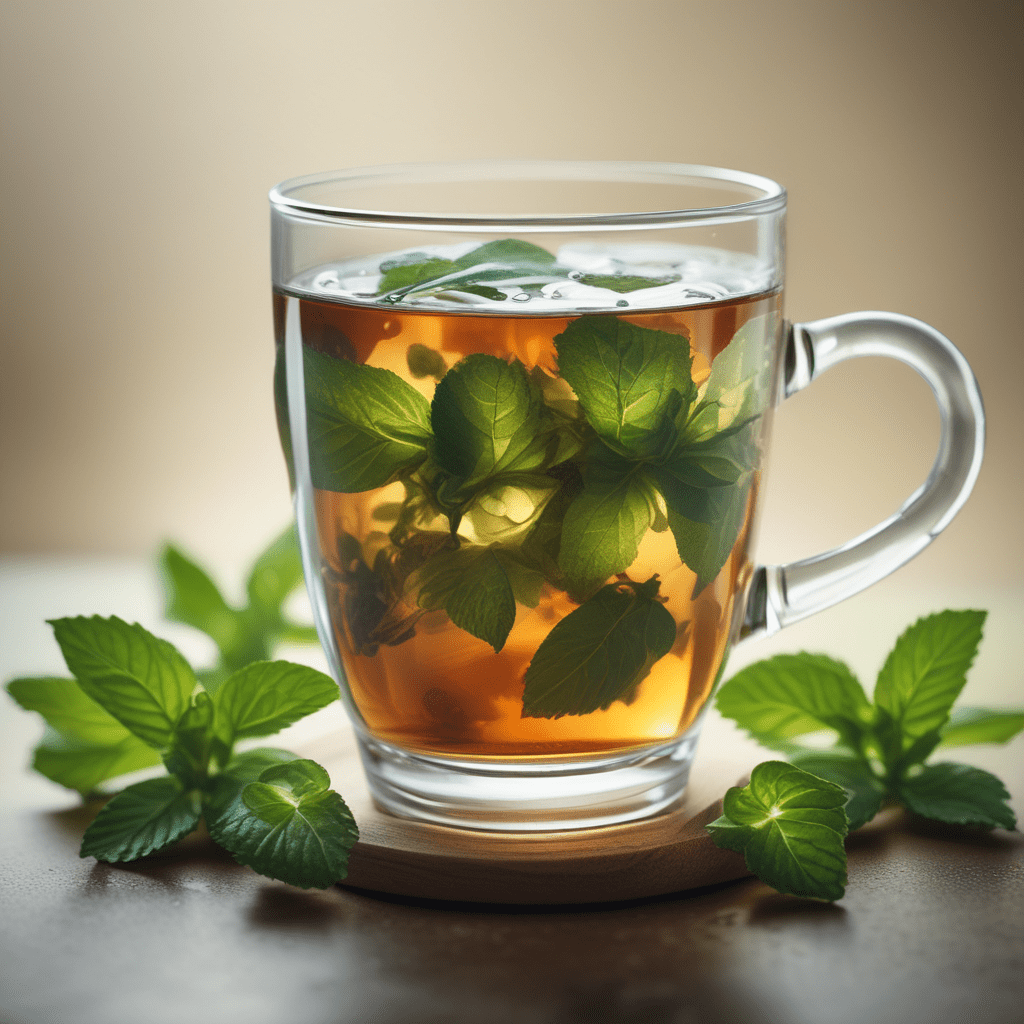
Uncovering the Caffeine Content of English Breakfast Black Tea
Introduction to English Breakfast Black Tea
English Breakfast Black Tea is a popular beverage known for its strong and robust flavor. It is a blend of several black teas, typically Assam, Ceylon, and Kenyan teas. While many enjoy this tea for its rich taste and energizing aroma, one common question among tea enthusiasts is the caffeine content in English Breakfast Black Tea.
Understanding Caffeine in Tea
Caffeine is a natural stimulant found in various plants, including tea leaves. It belongs to a group of compounds called xanthines and acts as a central nervous system stimulant in humans. The caffeine content in tea can vary depending on several factors, such as the type of tea leaves used, the processing method, and the brewing time.
Caffeine Content in English Breakfast Black Tea
English Breakfast Black Tea generally has a moderate to high caffeine content compared to other types of tea. On average, an 8-ounce cup of English Breakfast Black Tea contains approximately 40-70 milligrams of caffeine. However, it’s important to note that the actual caffeine content may vary slightly depending on the specific blend and brewing method.
Factors Affecting Caffeine Content
The caffeine content in English Breakfast Black Tea can be influenced by various factors:
- Tea Blend: Different blends of tea leaves can result in varying amounts of caffeine. For example, a blend with a higher proportion of Assam tea may have a higher caffeine content.
- Brewing Time: Extended steeping time can increase the caffeine extraction from the tea leaves. It is recommended to steep English Breakfast Black Tea for about 3-5 minutes to achieve a balanced flavor.
- Water Temperature: Using boiling water (around 212°F or 100°C) can extract more caffeine from the tea leaves compared to using lower temperatures.
- Leaf Size: The size of the tea leaves can impact the caffeine release. Finely broken tea leaves typically release more caffeine compared to whole leaves.
- Individual Sensitivity: Each person’s tolerance and sensitivity to caffeine can vary. Some individuals may experience more pronounced effects from the same caffeine content compared to others.
Frequently Asked Questions (FAQ)
- Does English Breakfast Black Tea have more caffeine than coffee?
- Can English Breakfast Black Tea be decaffeinated?
- Is caffeine in tea bad for health?
No, usually an 8-ounce cup of English Breakfast Black Tea contains less caffeine than a cup of coffee. On average, a cup of coffee can have about 95-200 milligrams of caffeine, while English Breakfast Black Tea typically contains around 40-70 milligrams.
Yes, there are decaffeinated versions of English Breakfast Black Tea available. These teas undergo a process to remove most of the caffeine content while preserving the flavor. Decaffeinated English Breakfast Black Tea can be a suitable alternative for those who are more sensitive to caffeine or prefer to limit their intake.
When consumed in moderation, the caffeine in tea is generally considered safe for most healthy adults. However, excessive consumption of caffeine can lead to side effects such as restlessness, increased heart rate, and sleep disturbances. It’s important to be mindful of your caffeine intake and listen to your body’s response.

